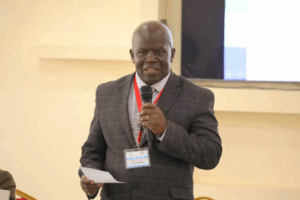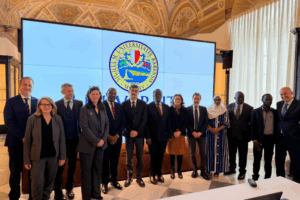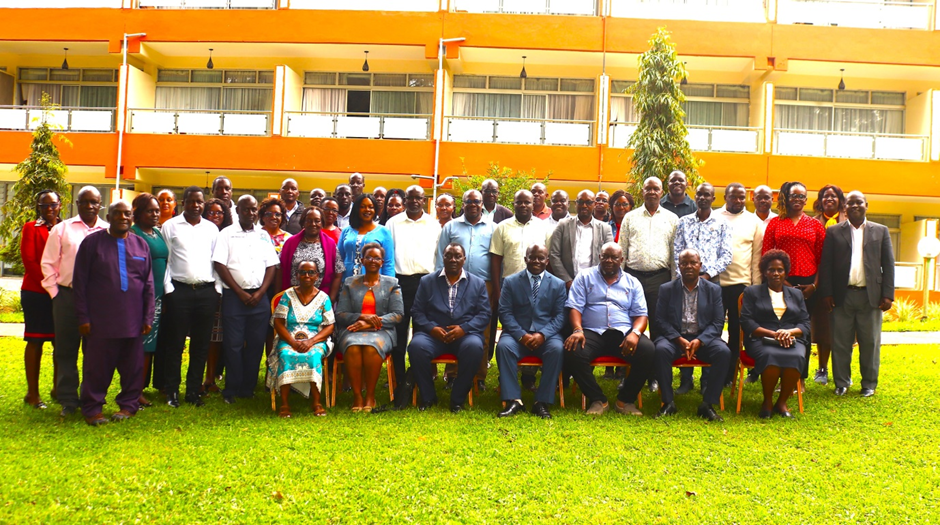
MMUST Strengthens Research Management and Support Capacity to Maximize Funding and Competitiveness as It Institutionalizes Support Team
Masinde Muliro University of Science and Technology is strengthening its capacity in research management and administrative support to maximize funding and institutional competitiveness. From 12th to 14th November, 2025, the University’s Division of Planning, Research and Innovation conducted a three-day training on research management and leadership. The workshop, held at the Golf Hotel, targeted key administrators including the Deans of the eleven faculties, Associate Deans, Finance officers, and the communications team. The training was facilitated by renowned experts, including Prof. Collins Ouma, Prof. Charles Muleke Inyagwa, and Dr. Meleckidzedeck Khayesi of the World Health Organization. They addressed critical issues in research such as resource mobilization, grant proposal development, ethical compliance, science communication as well as grant management best practices. The training aimed at professionalizing the administrative support system of research, enabling researchers to focus on technical expertise while positioning the university to compete for major international grants.
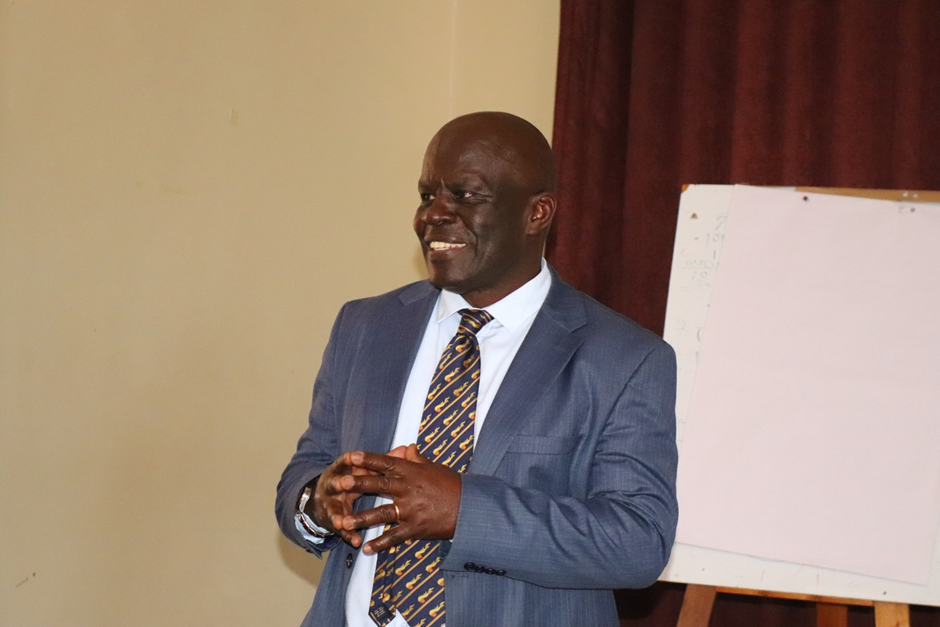
The Acting Deputy Vice Chancellor Planning, Research and Innovation, Prof. Peter Bukhala speaks at the event.
Speaking during the event, the Acting Deputy Vice Chancellor Planning, Research and Innovation, Prof. Peter Bukhala highlighted the strategic importance of the newly formed research management support team.
“The research management support team will support the University to maximize its competitiveness by identifying funding calls and sharing them out so that researchers can apply. They are supposed to assist researchers with all required documentation and vet proposals before submission to ensure that we are following the right protocols. In addition to this, we want them to see that the success of any research will be based on their support. Therefore, they must ensure that all administrative and compliance requirements are met, allowing researchers to focus purely on the technical expertise. This initiative is not just about soliciting funds, but also protecting these funds through rigorous accountability and ensuring that every stakeholder understands their role,” said Prof. Bukhala.
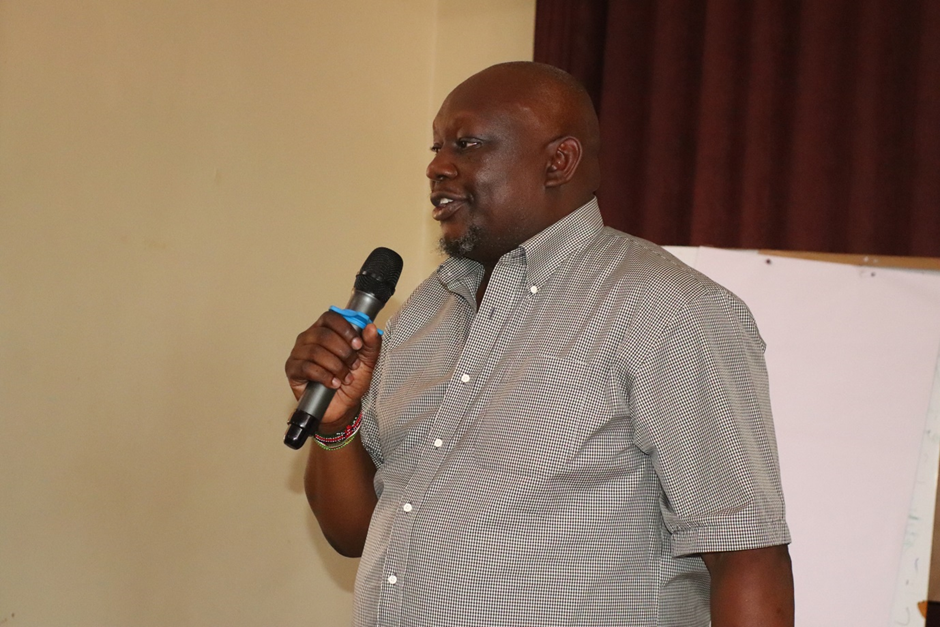
Prof. Collins Ouma makes a presentation during one of the sessions.
While facilitating the session on research mobilization strategies, Maseno University’s Prof. Collins Ouma addressed critical systemic and cultural challenges impacting the ability of faculty to secure and manage research grants. He highlighted a fundamental imbalance in faculty workload distribution that hinders competitive research.
“The standard academic mandate requires faculty to allocate 40% of their time to teaching, 40% to research, and 20% to outreach. However, due to severe staff establishment constraints, most dons are burdened with a teaching load that consumes 120% of their time,” he stated, adding that academic institutions primarily advertise for teaching vacancies, lacking specific recruitment for research-intensive personnel. “This systemic deficiency prevents the development of a strong, embedded research culture. The challenge, therefore, is to strategize on incentivizing and enabling faculty to balance teaching obligations with substantive research activities,” he added.
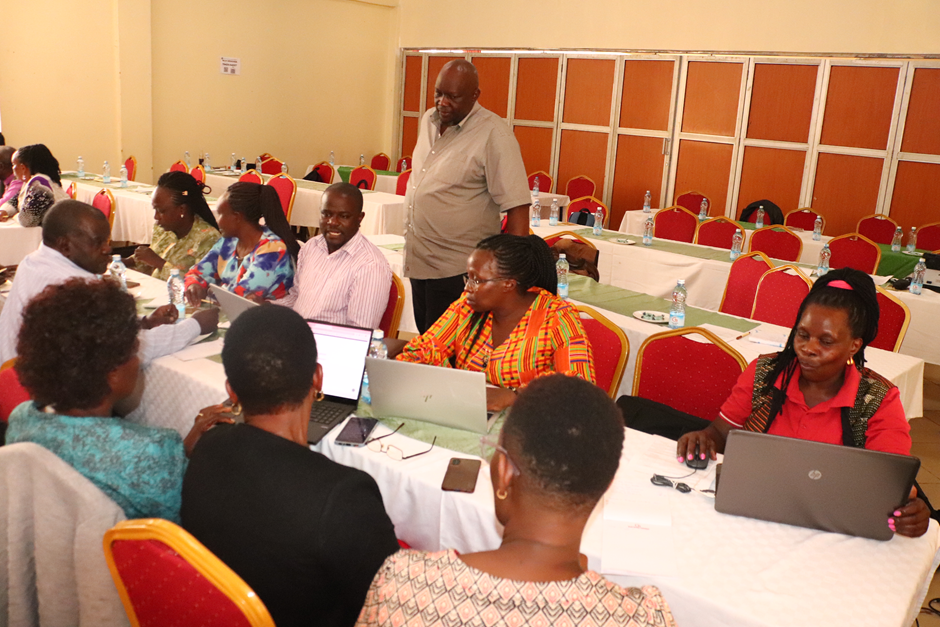
Prof. Ouma guides participants through group activities.
Prof. Ouma also stressed the necessity of cultivating a researcher’s resilience, saying that one of the major hurdles has been that researchers abandon the process after a single failed application. “We must cultivate resilience in our researchers. That one failure does not mean you have totally failed, you need to pick up again and learn from it.”
Further, Prof. Ouma emphasized the shared responsibility for resource management and the need for administrative efficiency. “Grant funding is a shared asset to both the researcher and the institution. Prudent financial management is key to satisfying the donor and securing future funding streams. The institutional administration must formally acknowledge the research mandate and ensure timely access to allocated funds. This requires establishing specialized single-line support units within finance and procurement offices dedicated solely to serving researchers’ requests,” he advised.
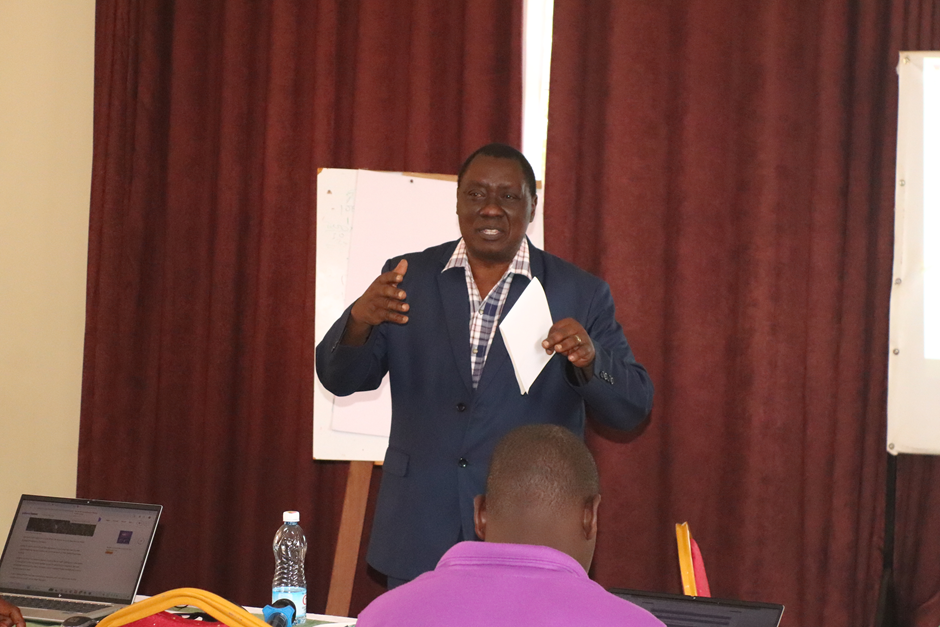
Prof. Charles Muleke Inyagwa of Egerton University makes his presentation.
In his presentation, ‘Grant Proposal Development and Submission’ Prof. Charles Muleke Inyagwa of Egerton University, noted that for researchers to effectively compete for grants, they must begin proposal development well in advance, as this practice allows for adequate time for reflection and refinement. He guided the trainees through the core stages of competitive grant acquisition, emphasizing that successful funding is heavily dependent on preparation and careful attention to the reviewer’s perspective.
“The key person in the process of grant acquisition is the reviewer, as the donor places implicit trust in their assessment. Remember reviewers are often fatigued. Be clear, concise and pay specific attention to your summary, budget. If these do not make sense, the proposal will barely make it to the next stage,” he stated. He also strongly advised forming consortiums across various institutions, built on aligned skills and value rather than mere friendship. “Winning requires researchers to network and collaborate with strong experts from outside MMUST to strengthen their proposals,” he pointed out, challenging researchers to advance from smaller, local funding streams to larger, more impactful global grants, such as those offered by the European Union.
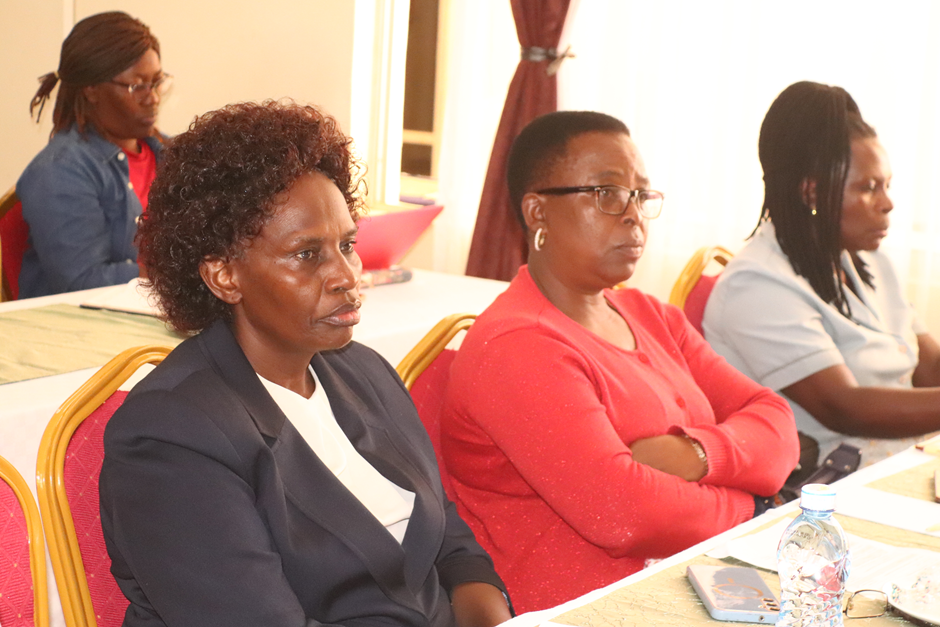
A section of participants keenly follow discussions during the training.
“As research leaders, your key role is to provide oversight over researchers and teams, research projects and funds to ensure efficient, effective and frugal utilization of available research grants towards generating insightful scientific findings. These are vital aspects of building and sustaining university research excellence,” remarked Dr. Meleckidzedeck Khayesi, as he took the participants through grant management best practices.
It is without doubt that MMUST is strategically strengthening its research management and support capacity through the institutionalization of the research support team. This will go a long way in optimizing its research funding and competitiveness, as researchers will be freed to concentrate solely on scientific delivery while the administrative support team ensures robust grant oversight and ethical compliance.
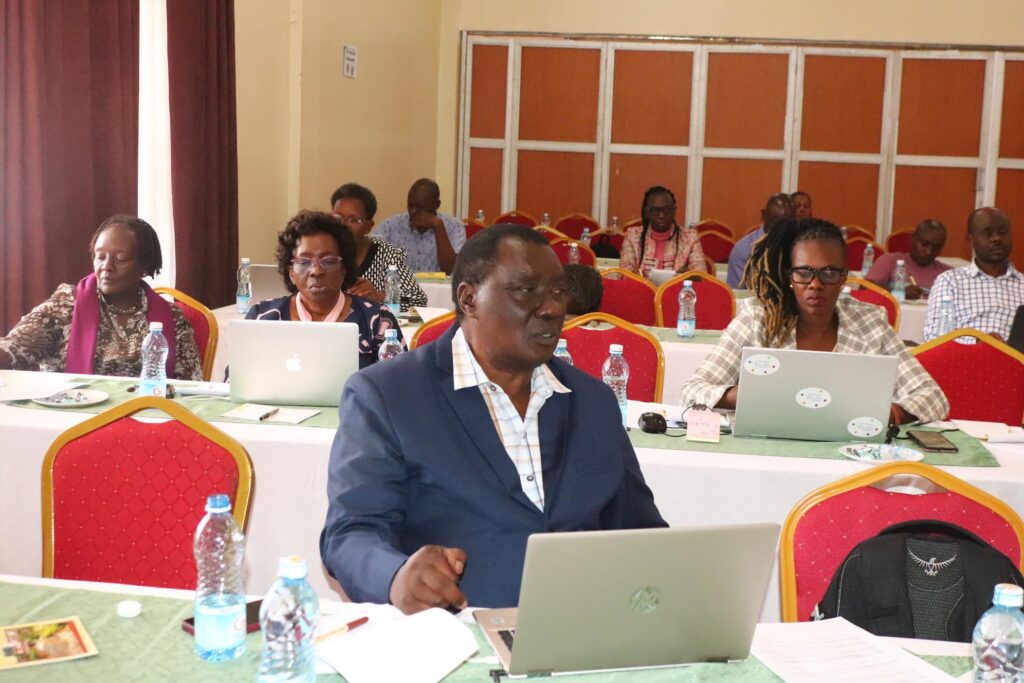
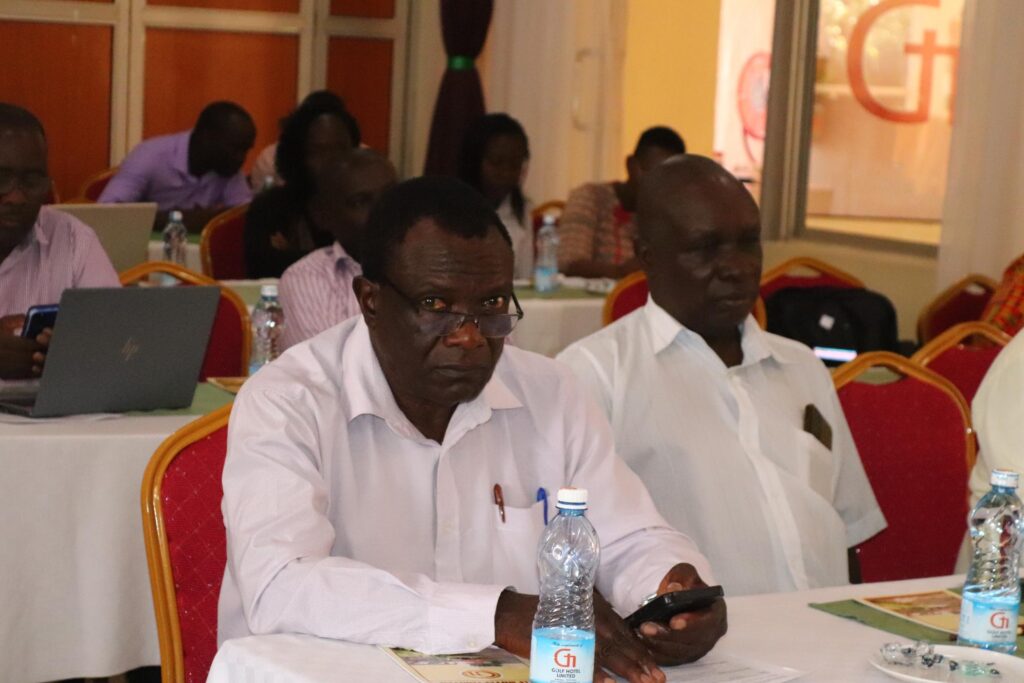
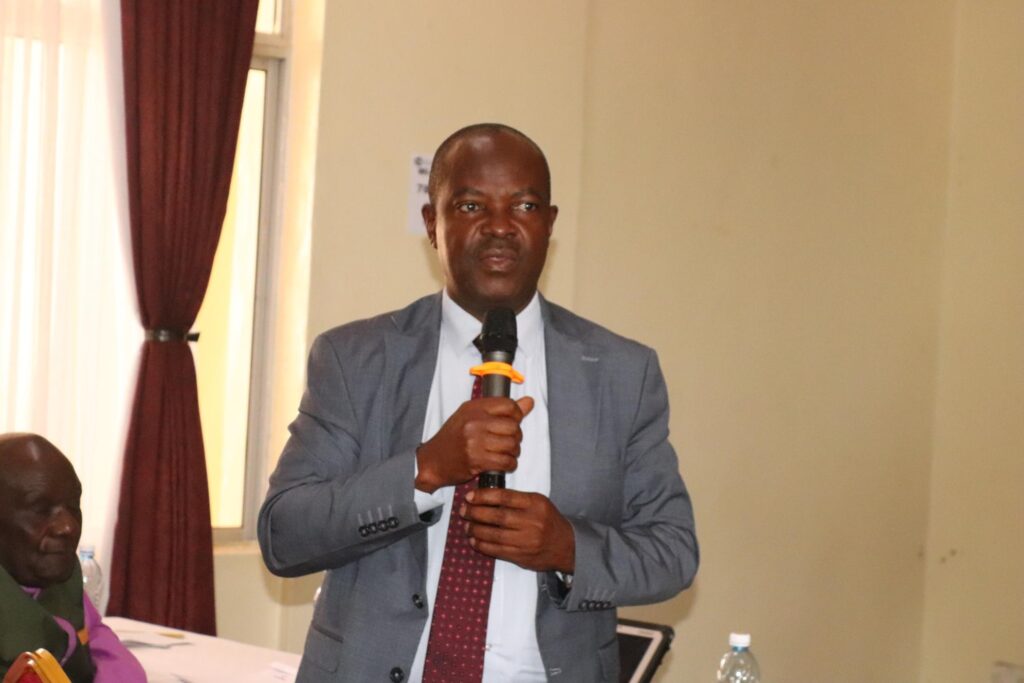
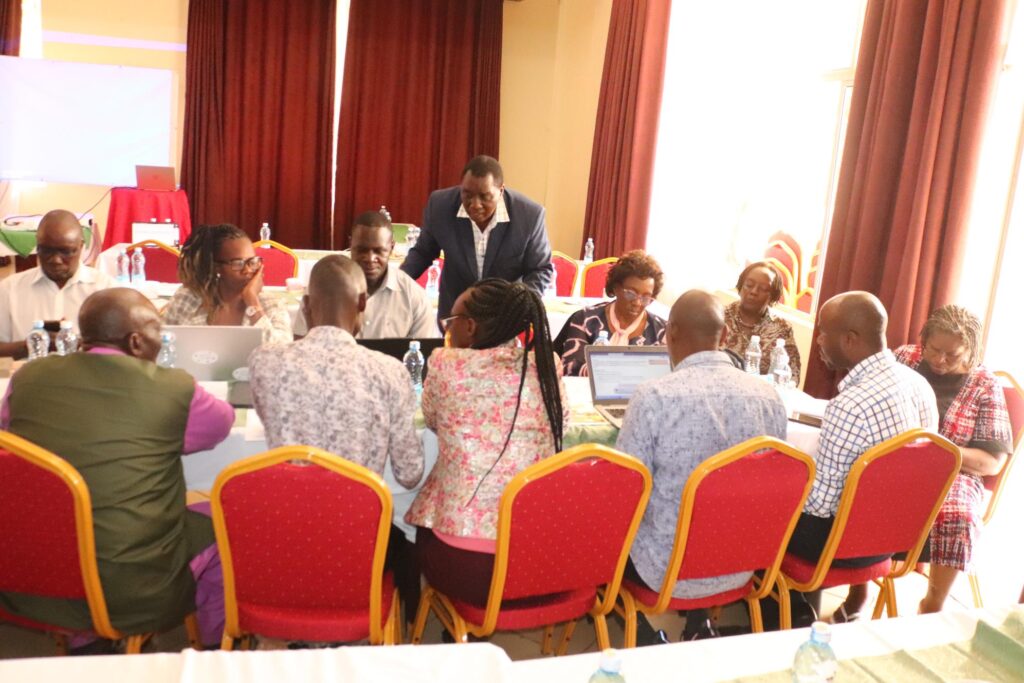
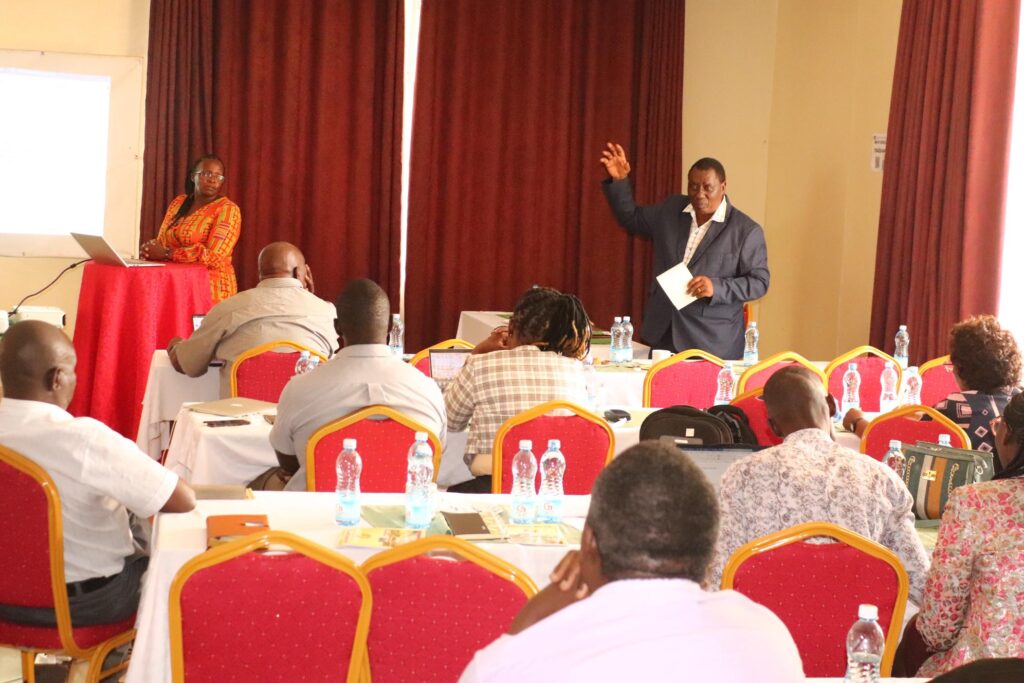
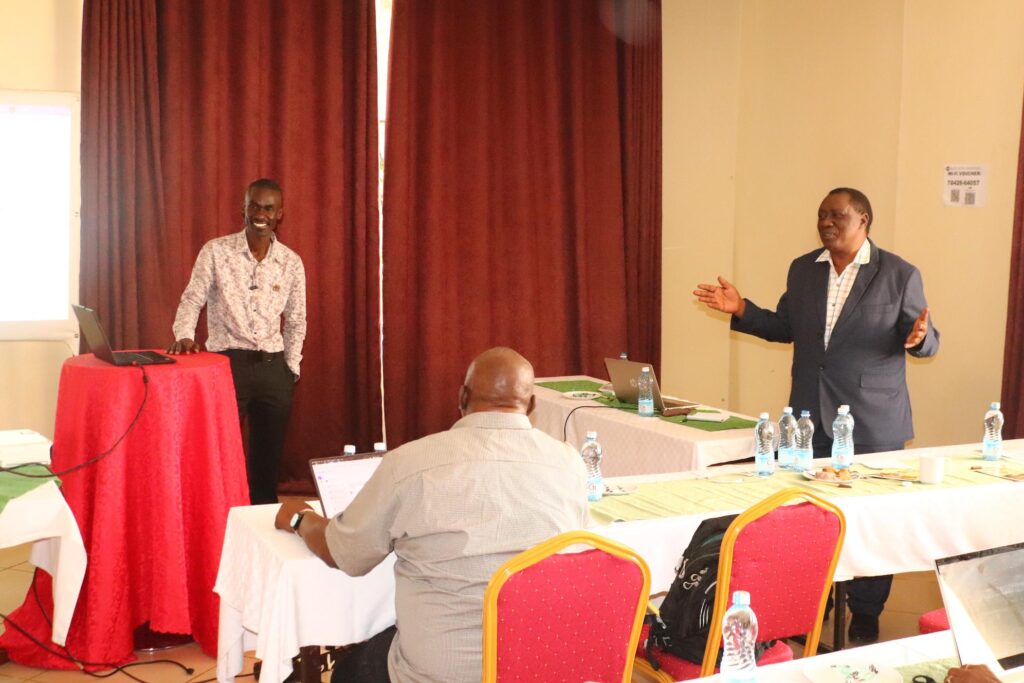
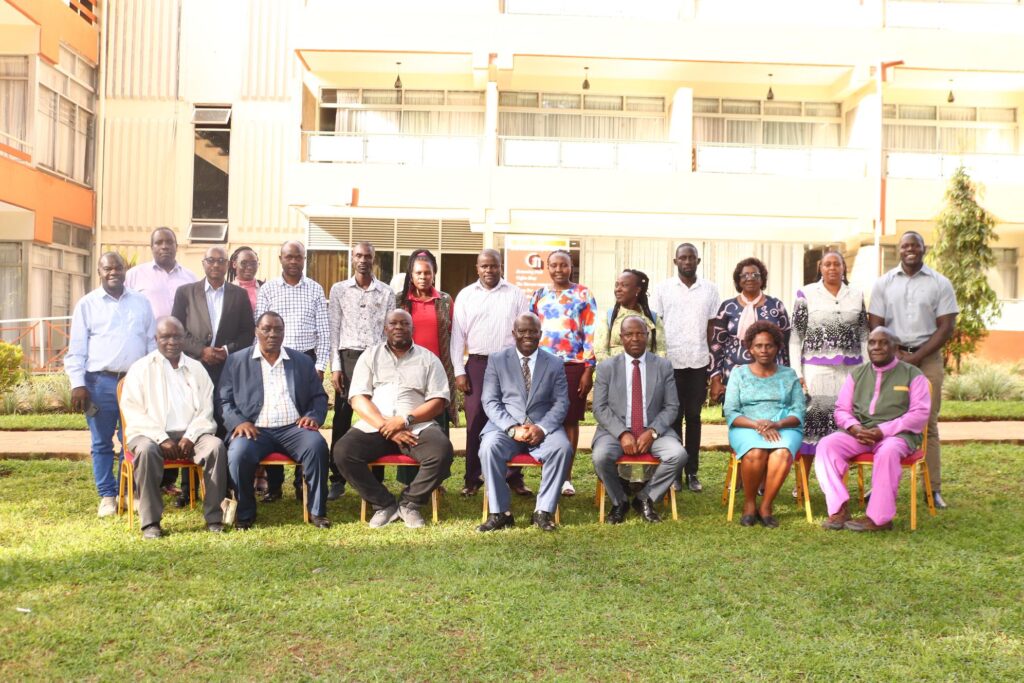
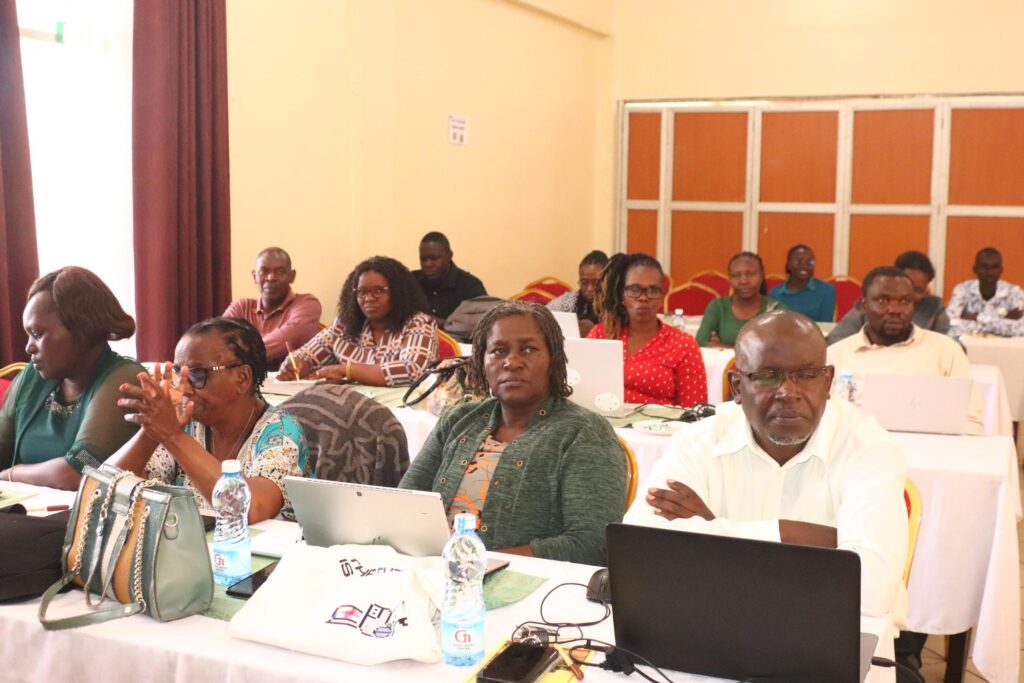
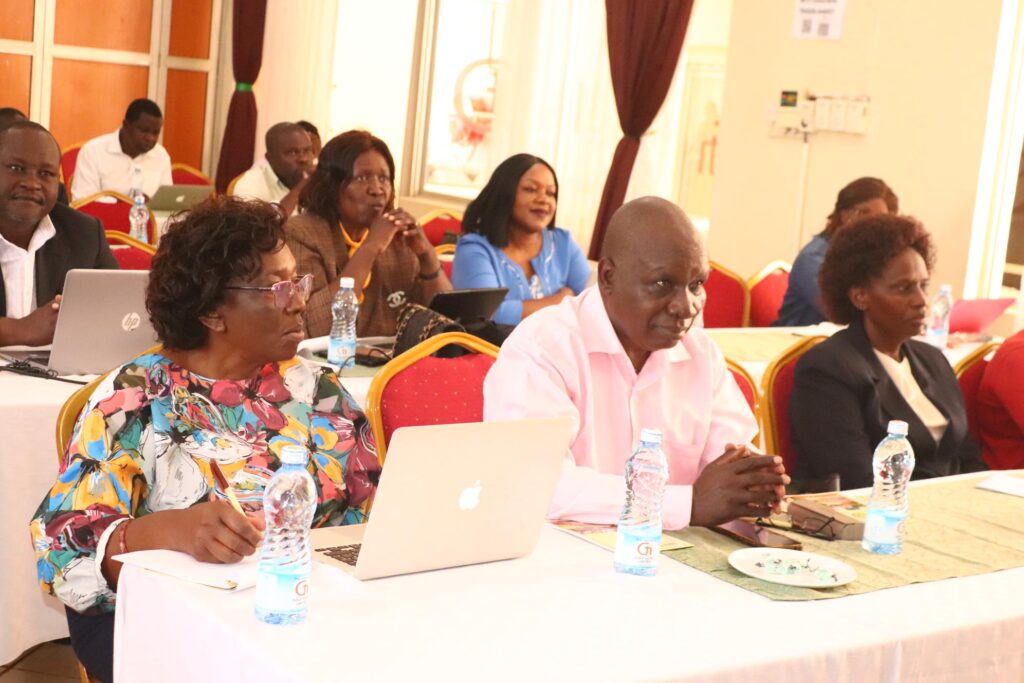
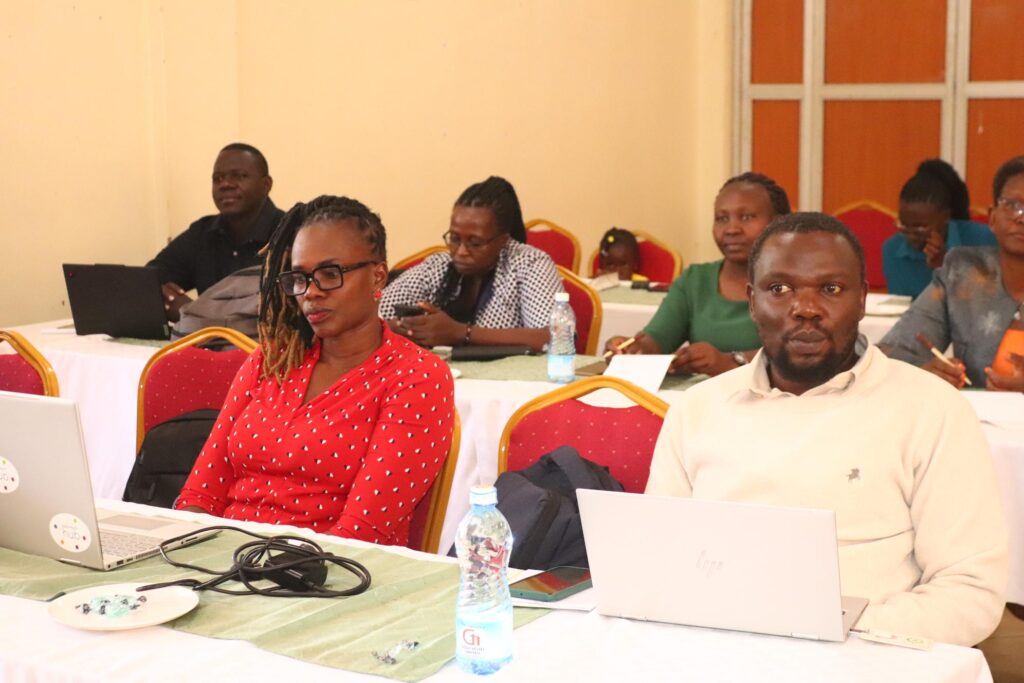
By Caren Nekesa
Photos by Linet Owuor

